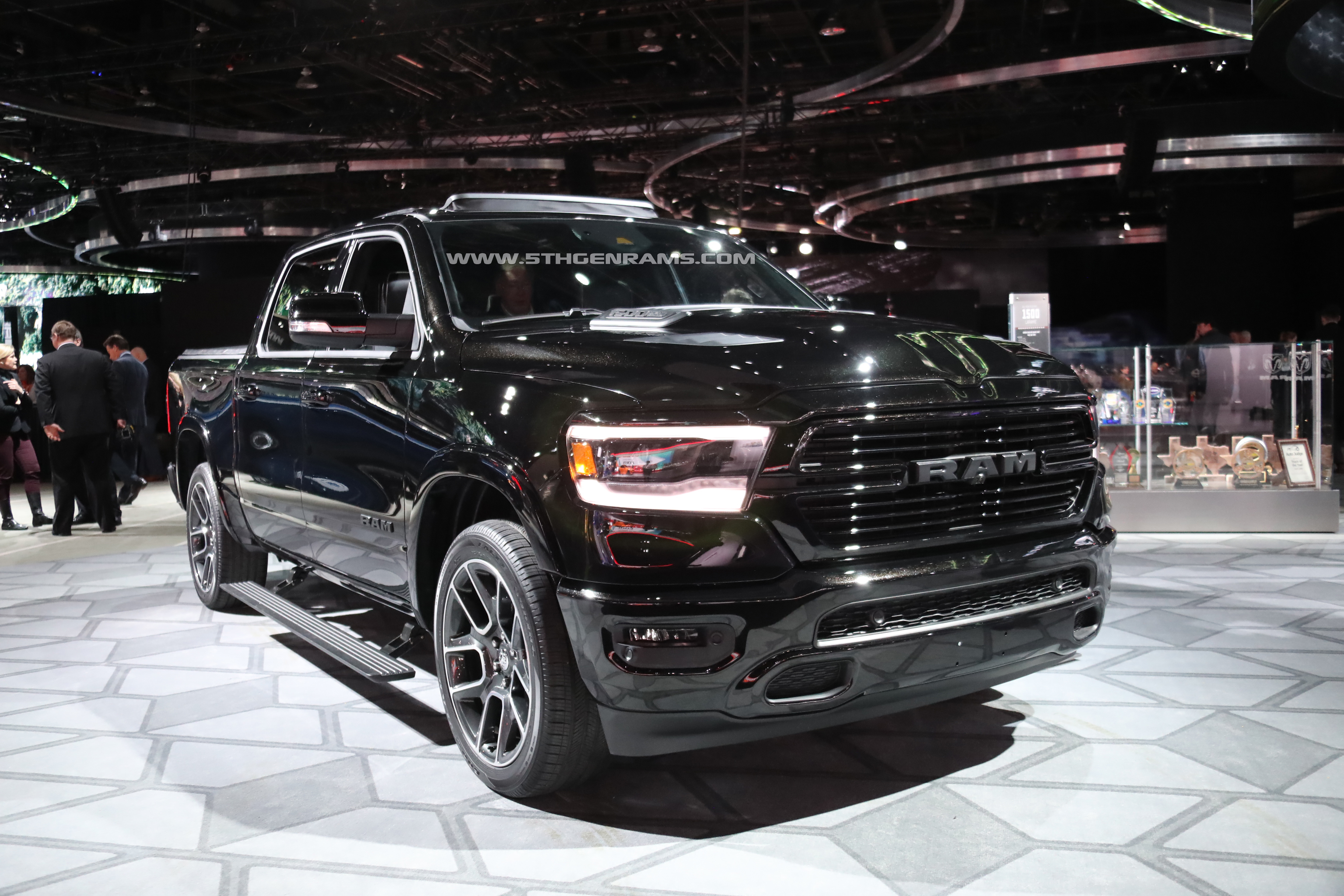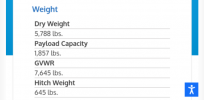- Joined
- Feb 24, 2018
- Messages
- 4,981
- Solutions
- 1
- Reaction score
- 4,720
- Points
- 113
- Age
- 48
- Location
- Central Pennsylvania
The first thing you need to do is decide which camp you fall in.
The best camp to be in is to own neither the truck or the camper. This allows you to research and keep feelings out of your decision. This allows you to easily sit back and learn the process.
The next camp is owning the truck or the camper and having no illusions about the truck or the camper you plan to purchase. This narrows your search some. But at least you can keep feelings at bay...you just may be surprised the journey you are taken on.
The worst camp to be in is already owning both...or one or the other...but set on a specific size or type. This camp is often feeling based and can lead to discouragement and rash decisions.
Full disclosure: This is specific to the capacities of the truck. It is based on the manufacturer's specifications (regardless of preferences, experience, or internet sorcery)
Save comments about going over ratings and insurance claims for the other million threads out there.
For all other comments, questions and information go here

 5thgenrams.com
5thgenrams.com
This will be to show how to match a truck and travel trailer for the sake of agreeing there are capacities that are set forth.
Happy Campers start with the trip to the campground.
The best camp to be in is to own neither the truck or the camper. This allows you to research and keep feelings out of your decision. This allows you to easily sit back and learn the process.
The next camp is owning the truck or the camper and having no illusions about the truck or the camper you plan to purchase. This narrows your search some. But at least you can keep feelings at bay...you just may be surprised the journey you are taken on.
The worst camp to be in is already owning both...or one or the other...but set on a specific size or type. This camp is often feeling based and can lead to discouragement and rash decisions.
Full disclosure: This is specific to the capacities of the truck. It is based on the manufacturer's specifications (regardless of preferences, experience, or internet sorcery)
Save comments about going over ratings and insurance claims for the other million threads out there.
For all other comments, questions and information go here

So you want to tow a camper! Discussion thread.
This is the discussion thread for towing a camper. https://5thgenrams.com/community/threads/so-you-want-to-tow-a-camper.26906/ I was asked to sticky a conversation i had as alot of info is lost in internet sorcery. Discuss freely here. Any questions or comments can be hashed out here. Have fun.
This will be to show how to match a truck and travel trailer for the sake of agreeing there are capacities that are set forth.
Happy Campers start with the trip to the campground.













